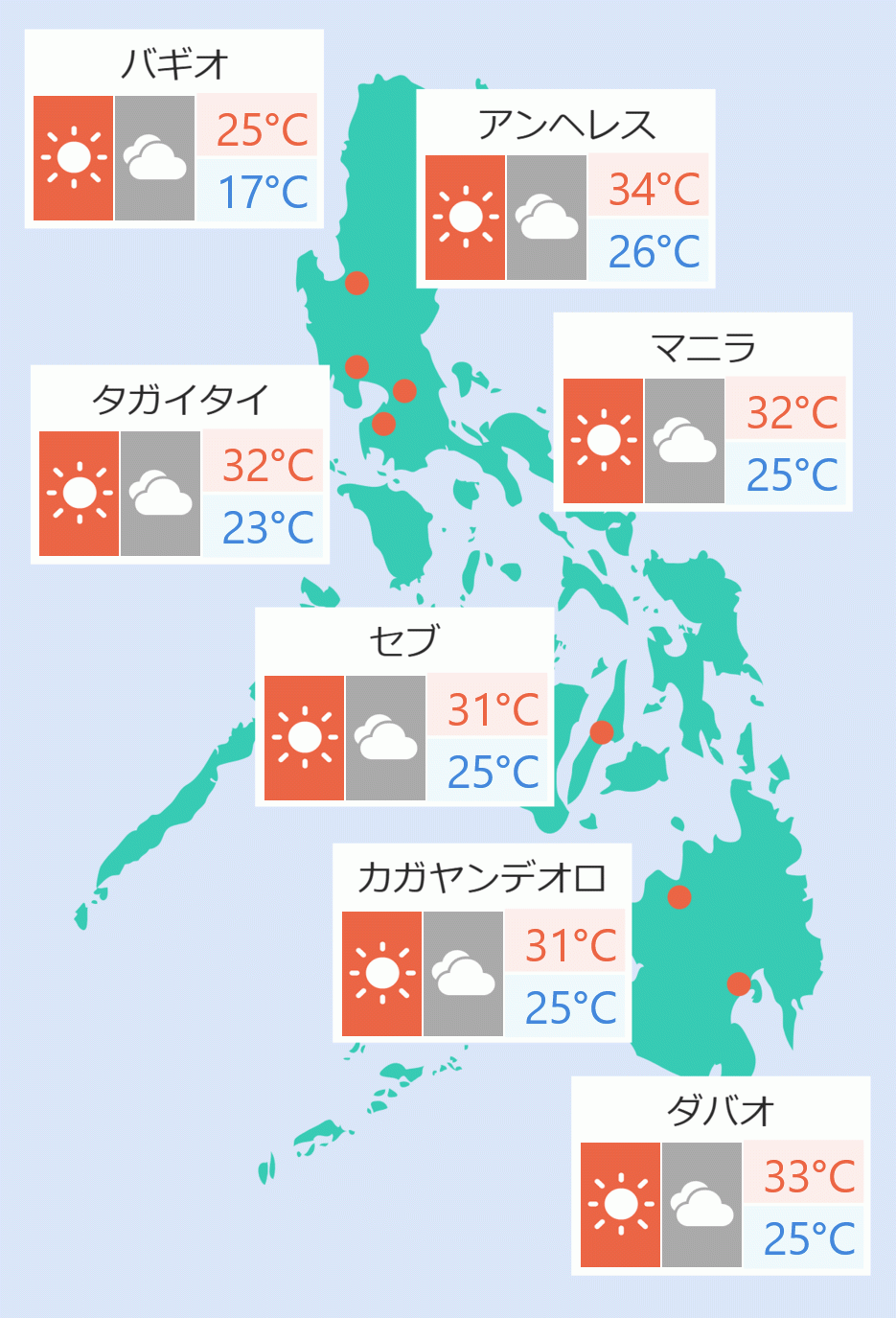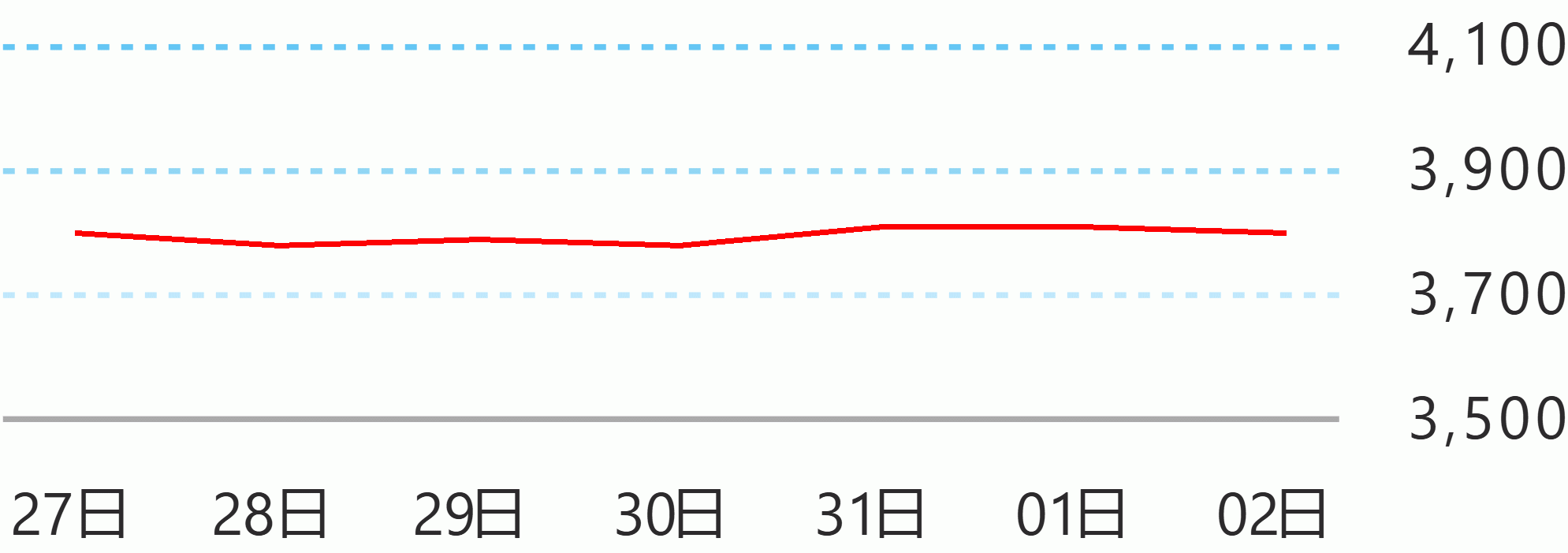From COVID-19 response to economic recovery initiatives and infrastructure developments, some of the Duterte Administration’s accomplishments in its last full year of governance were reported by Acting Presidential Spokesperson and Cabinet Secretary Karlo Nograles in a press briefing on Wednesday.
Starting with the health sector, Nograles enumerated some of the key accomplishments of the national government in its COVID-19 response. These include the implementation of a COVID-19 Biosurveillance Program, the establishment of COVID-19 PCR laboratories in 64 percent of all provinces in the country, and the increase in testing capacity from an average of 30,000 to 40,000 tests each day in 2020 to an average of 75,000 to 80,000 tests every day in 2021.
“Sa treatment, naglagay at pinalawak natin ang One Hospital Command Center ngayong taon, at tinaasan ang kanilang workforce sa 217 personnel. This personnel augmentation allowed us to accept 72,040 calls, out of which 71,901 cases, or 99.8 percent, were resolved and closed,” said Nograles.
It was also reported that a total of Php 635,810,000.00 worth of COVID-19 sickness services––involving severe or critical and mild or moderate cases––were provided by the government, consistent with the Universal Healthcare Law that the President signed in 2019, said Nograles.
In terms of compensation for healthcare workers, Nograles said 478,969 public and private health care workers were recipients of Special Risk Allowances (SRA) totaling Php 7,665,443,800.50 from December 2020 until June 2021.
On the national vaccination program against COVID-19, Sec Nograles reported that a total of 107,277,506 doses have been administered since March 1, 2021 until December 28, 2021. The number of fully vaccinated individuals is now at 48,647,158, while 1,614,505 individuals have received booster doses.
Nograles also reported on the accomplishments of the Duterte Administration in terms of reviving the Philippine economy.
“In this regard, our philosophy has consistently been to prioritize lives in order to ensure livelihoods––ingat buhay para sa hanapbuhay,” Nograles remarked.
Economic recovery measures that were made into law during President Rodrigo Roa Duterte’s administration include the modernization of tax policies through the Tax Reform for Acceleration and Inclusion (TRAIN) Act and the Corporate Recovery and Tax Incentives for Enterprises (CREATE) Law that lowered the personal and corporate income tax rates, while still ensuring reliable revenue streams.
Nograles stressed that because of these economic recovery efforts, the Philippines has achieved the highest credit ratings ever received by the country, which have been maintained despite the waves of downgrades globally. This high credit ratings allowed the Philippine government to quickly access emergency financing with concessional terms for its COVID-19 response when the pandemic struck, said the Palace official.
“It allowed us to implement fiscally responsible 18 stimulus measures that helped save lives, jobs, and our economy; and allowed us to secure funding for economic investments,” explained Nograles.
In terms of infrastructure development, the Palace official said the momentum for the Build Build Build program continued despite the limitations brought about by the COVID-19 pandemic. Infrastructure spending for the Build Build Build program in 2021 reached 5.1 percent of the country’s Gross Domestic Product.
“Malaki ang naging papel nito sa pagbangon ng ating ekonomiya sa gitna ng COVID-19 pandemic. Aasahan natin na tataas pa ito sa susunod na taon ng 5.8 percent,” said Nograles.
Among the other key accomplishments of the Duterte Administration include the livelihood assistance programs for the marginalized sector; assistance to Overseas Filipino Workers and their families; the continuation of education programs despite the pandemic in both the formal education sectors and the technical-vocational programs; assistance to entrepreneurs including the micro, small, and medium enterprises; Free Wi-Fi for All Program; Freedom of Information program; among others. OPS





 English
English










